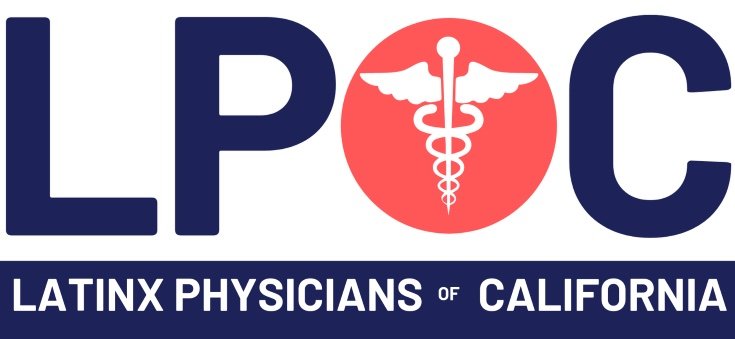Dr. Donaldo Hernandez: Medicare physician payment cut unacceptable
Guest Article by Dr. Donaldo Hernandez, former President, California Medical Association
Fee cuts and already woefully inadequate payments have physicians contemplating leaving Medicare or quitting medicine altogether.
As a physician, it can sometimes feel like there is an ever-growing list of challenges that make it harder for doctors to care for patients in need. Congress’ recent failure to prevent a 3.37% cut to the Medicare physician fee schedule – the second cut in as many years – is the latest such example.
It was just the most recent in a series of choices that have resulted in widespread systemic neglect that afflicts our health care system, pushed physician practices to the brink and increased the challenges faced by our most vulnerable patients in accessing the care that they need.
Even before the recent cuts, the Medicare payment rate was unsustainable. Since 2001, Medicare physician payments have declined 26% taking into account inflation. Conversely, hospital and nursing home payments increased by 60% over the same time period. Part of this is because physicians are the only providers paid by Medicare who do not receive an annual inflationary payment update.
It has become financially impossible for many physicians to see Medicare patients. This is a catastrophic situation for the nearly 60 million Americans who rely on Medicare.
Personally, the news of continued payment cuts felt like a gut punch – a sentiment likely shared by physicians nationwide who are still laboring with a system struggling to recover from the pandemic. It recalled one recent workday at the hospital when the compounding challenges seemed relentless. In addition to dealing with cost-cutting measures and workforce shortages at my facility, I admitted a patient who, because of online misinformation, abandoned her blood pressure medications, a choice that resulted in her developing severe congestive heart failure and respiratory failure. I also treated a diabetic patient who developed a life-threatening condition called ketoacidosis because of her struggles to obtain insulin due to issues with her insurance. I was hampered still further by excessive and compounding “administrative computer work” that took me away from seeing more patients. My shift, slated to end at 11 p.m., extended to 3:30 a.m. As I drove home exhausted and demoralized, I wondered how our health care system had diverged so far from the patient-centric principles that were instilled in me in medical school.
While the pressures of the pandemic certainly contributed to that divergence, I concluded that the current state of our health care system is the culmination of years and years of small, seemingly insignificant choices, leading to death by a thousand cuts. Eventually the neglect creates a crisis.
It’s no exaggeration to say that is what we are currently facing. Absent congressional action to remedy the 3.37% payment rate cut – which is really 8% because Medicare projects the costs to practice in 2024 will increase by 4.6% – many physicians will be unable to treat Medicare patients. A survey conducted by the California Medical Association in 2022 found that 76% of California physicians said Medicare fee-for-service payments did not cover their costs to provide care and 45% of physicians reported considering early retirement due to low Medicare reimbursement rates and resulting financial losses. Additionally, 41% reported they were contemplating closing their practice to new Medicare patients.
Thankfully, recently introduced bipartisan legislation would address these issues. H.R. 6383, the “Preserving Seniors’ Access to Physicians Act of 2023,” would stop the 3.37% Medicare payment cut that took effect on Jan. 1, and H.R. 2474, the “Strengthening Medicare for Patients and Physicians Act,” would provide an annual inflation update.
For too long we’ve neglected Medicare. Passing these bills would stabilize physician practices and more importantly, help bring the Medicare program back to what it should be about: providing timely, quality medical care to our patients.
